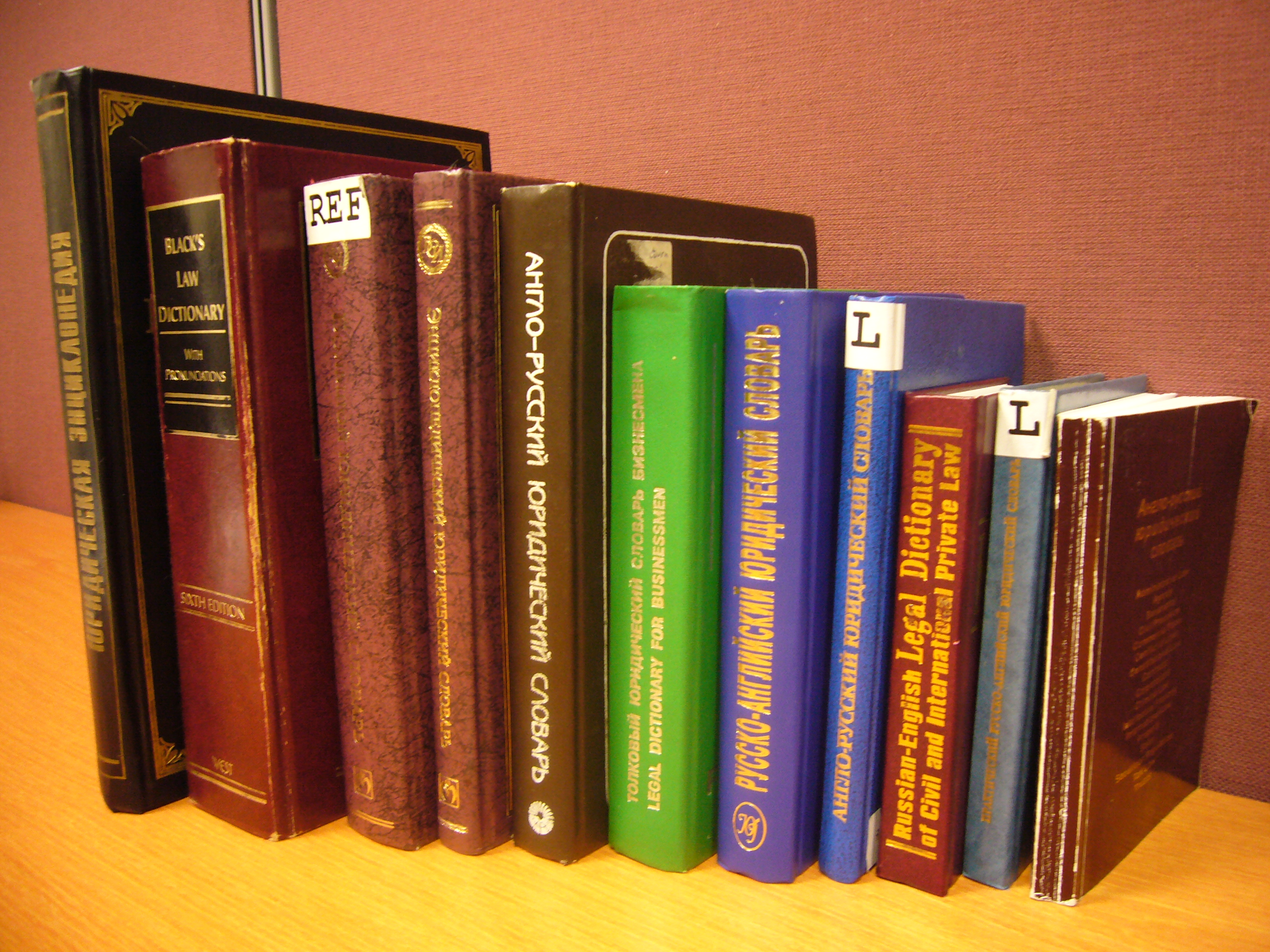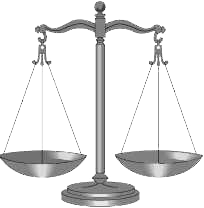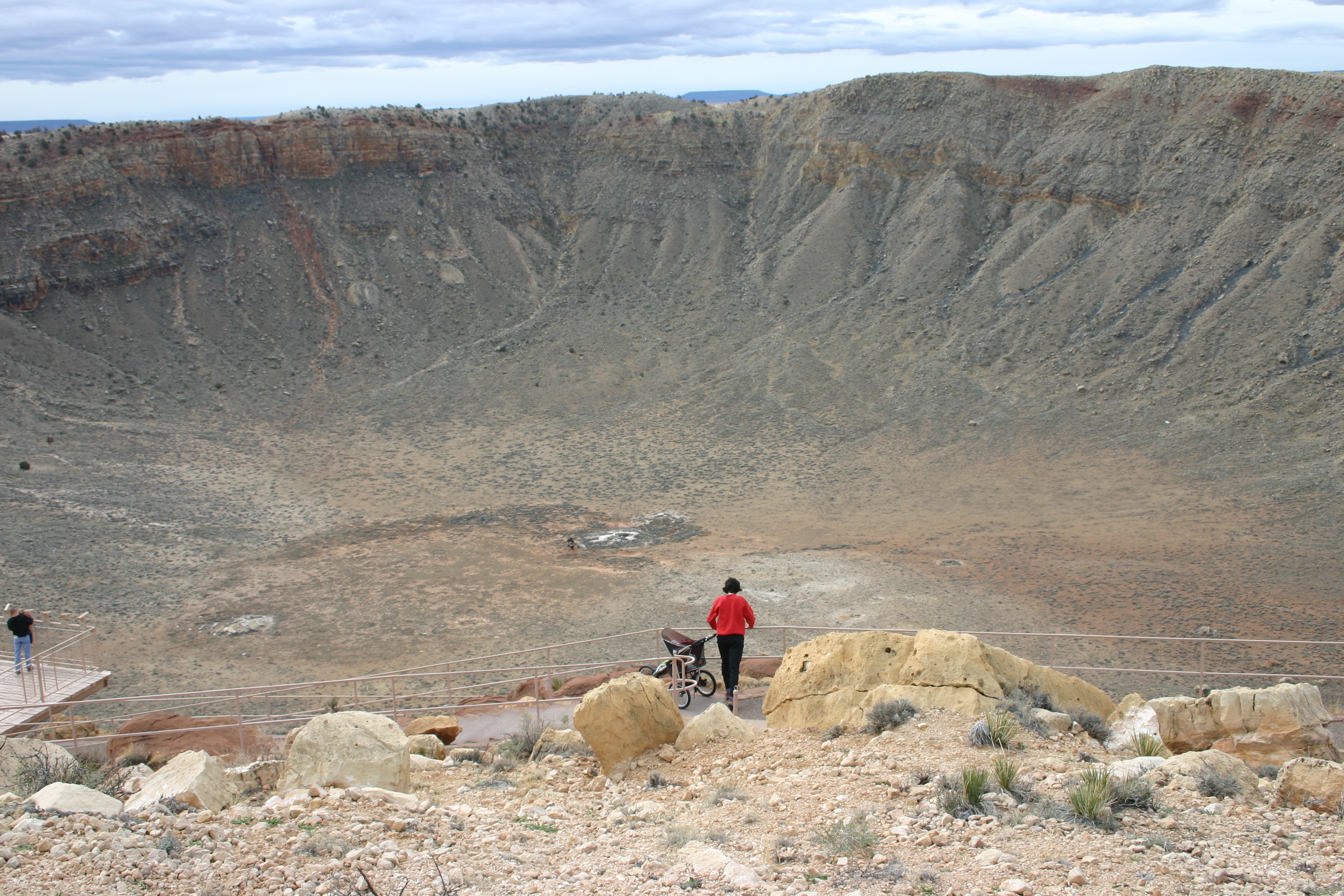Alternative medicine, or folk medicine, has reemerged in recent years as an actual substitute for concrete medical science. It's a concerning fad, since most people simply don't do the research required to filter out the dangerous and ineffective treatments from the ones that have shown real benefits in clinical trials. And they give up or postpone conventional treatment in favor of some of these. A decision like that should never be made light of, or insulted, because it can come equipped with a lot of emotional baggage, and involves the quality of life or survival of the person making it.
The real problem lies in the overall state of health education in America. Healthcare is one of the most politically-charged subjects there is nowadays, and it can be hard to sift through the rhetoric to get to the truth. But it's not impossible. A lot of the responsibility lies on the patient to be his or her own advocate, doing the research and coming to the best conclusion about proceeding with treatment. It's on the government, the media, and big business to create an ethical, consistent, and efficient model for educating and distributing accurate information about healthcare going forward. I'm not holding my breath though, and for that reason, I highly suggest that if there's a treatment you've heard about, or are looking into, that you please find the actual clinical trials or research surrounding that particular item and uncover the recorded outcomes and weigh them against other treatment options, before you buy into any alternative treatment.
 |
President Barrack Obama's signature on the Patient Protection and Affordable Care Act
Source: US Federal Government
|
What, specifically, does "alternative medicine" entail? For starters, anything that isn't medicine. Because, "If alternative medicine worked, it would be called medicine." I'll run through two of the fads I've come across recently and provide the actual scientific evidence to refute them.
Here we go:
1.) Coffee Enemas.
Because, if you have cancer, everyone knows the best tool you can possibly use to treat your illness isn't conventional, peer-reviewed, FDA approved medical science, it's sticking coffee into your rectum. When I was going through treatment, I don't know how I missed this amazing miracle cure. It's possible that I overlooked it because it doesn't work, and it isn't medicine, and it isn't science. Maybe.
Coffee Enemas are said to relieve toxicity in your bowels left from all the random toxins that cling to your large intestines throughout your life, left by the foods that you eat. First off, digestion occurs in your small intestine. So umm... what? Any toxin-releasing chemical reactions are over by the time your large intestine gets involved. Nice try, though. Oh, but the toxins get caught in your liver, because it's not a highly evolved toxin-filtering biological machine or anything like that (it is, actually), so the caffeine penetrates all the way to the liver and draws out the toxins there. Okay, so maybe just check your liver enzymes the next time you're at your PCP, and if they're out of whack, why not try the regular stuff like refining your dietary intake first, before you shoot hot coffee into your bum? Or if they aren't out of whack, maybe don't let some random quack convince you that you're sick because you have "toxins" in your body?
For some reason, this God-awful treatment is back by popular demand. It seems that some sort of colon therapy has been in use since at least Ancient Egypt (which should already be a red flag). Coffee Enemas in particular have been in use since the early twentieth century, gaining in popularity until mainstream science decided to research the effectiveness of the treatment, and found it not only ineffective, but dangerous. In recent years, the treatment is gaining steam, however ineffective and dangerous it may be. Coffee Enemas cause death and infections related to (ironically) introducing toxins into the body (yay!), as well as complications from damage to the intestinal walls. Not only that, there is no official certification procedure for this garbage, so anyone can do it. And if they don't understand how to clean the equipment properly... well, now you have someone else's coffee-flavored poop in your body. And you thought you were getting rid of toxins.

For further reading on Colon Therapy and Coffee Enemas, you can find an explanation from the
American Cancer Society, here. Or, why not read the
Wikipedia article?
2.) Gerson Therapy:
Some dude moved to Mexico in order to legally sell you a complicated series of therapeutic nonsense involving (what else?) Coffee Enemas. And juice. There's apparently a regimen of juices. I hope they don't also go in your rectum. All this for the low, low, snake oil price of $6,000 a week. Curing cancer never looked so easy.
 |
| Yep, that looks about right. |
So what's the problem with this one, aside from the aforementioned Arabica-style colon cleanse? The fact that it doesn't work, either? That's a start, but let's break it down. Gerson Therapy also irrationally revolves around the theory that diseases are caused by toxins in the body. The addition here is the nutritional aspect: a strict regimen of fresh juices and supplements, force-fed at hourly intervals. Similarly, there is no documented evidence that any of this provides any medicinal value at all. In fact, studies have shown that the dangers outweigh the results -- and since the results are nonexistent, it isn't that tough to outweigh them. Gerson patients can be poisoned by some of the supplements, and run into the same dangers from the Coffee Enemas.
For more information on Gerson Therapy, read this explanation from the
American Cancer Society. Highlights include:
"The National Cancer Institute and New York County Medical Society examined records of his patients and found no evidence that the method was effective against cancer."
"Relying on this treatment alone and avoiding or delaying conventional medical care for cancer may have serious health consequences."
3.) Detox Treatments.
The only benefits ever recorded from detox treatments are anecdotal. They include, increased energy and higher cognitive functioning. Most rational nutritionists ascribe these benefits to the fact that detox diets require the detoxer to stop eating foods high in fat or preservative content that they shouldn't have been eating in the first place. The simple act of removing processed or junk foods from the diet has made them feel healthier. I can vouch for this, myself. After converting to vegetarianism, I've been trying hard to avoid processed foods and ingredient lists with things I can't pronounce. This has made me feel better, whether the effects are real, or psychosomatic. As with all alternative health treatments, the placebo effect applies.
The main argument for the continued use of detox treatments is the removal of toxins from the body. Here's an anatomy lesson -- your body removes toxins from your body. Seriously, it does. You are an organic machine with over three million years of ancestry. If there are are toxins and imbalances in your body, you'll filter them out.
Detoxing can be a dangerous treatment, as it removes vital nutrients from your body while restricting your dietary intake. Signs of malnutrition include fatigue, loss of appetite, poor wound healing, fatty liver, hypotension, loss of reflexes, impaired memory, and more. It can lead to all kinds of terrible metabolic and genetic malfunctions if it isn't fixed. It's best to consult your doctor before you try something like this, and even better not to try it at all.
For more information on detox diets, check out
this piece from Science Daily.
For more on nutritional research and cancer, read
this article from Reuters: "Treat nutrition and cancer research cautiously: study."
All of these therapies involve the assumption that cancer and other illnesses are somehow connected to increased amounts of mysterious "toxins" in the body. There are other related treatments that make the same claim and also have no clinical evidence to back up their effectiveness, nor do they attest to the accuracy of the founding hypothesis (antioxidant, garlic, red wine, tea, vitamin D). The truth is, we are complex, evolutionary creatures of wonder, who have developed vast regulatory systems to avoid just such a buildup of these toxins, whatever their particular makeup. The kidneys and liver filter out any such substances that could negatively impact your health, and they've done this your whole life, free of charge. If you'd like to read about a real disorder involving actual toxic infections related to bacteria, perhaps research
Sepsis. If you'd like to read an additional explanation of the lack of evidence related to toxins and detox treatments, here's a great one from the
Mayo Clinic.
Put simply, detoxing will not cure your chronic illness. It will be cured when we understand the genetic or epigenetic cause, and can reverse the mechanisms that enabled it. Please don't pass on conventional medical science in favor of poop coffee, or any other ridiculous treatment. Or at least do a quick
Google search beforehand.





.jpg)








